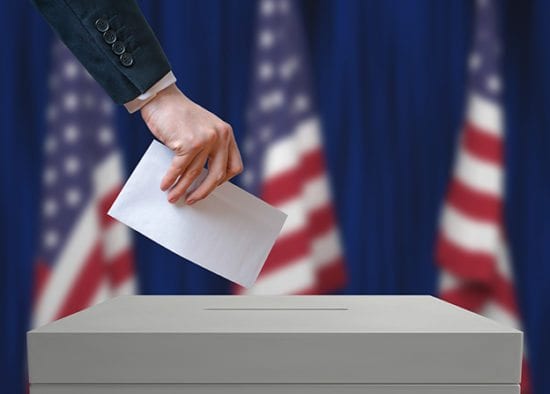Trustwave researchers have discovered massive databases with detailed information about U.S. voters and consumers offered for sale on several hacker forums, which include their political affiliation. The sellers of the U.S. voter database claim that it includes 186 million records, and if that is correct, that means it includes information about nearly all voters in the U.S. The information found in the voter database can be used to conduct effective social engineering scams and spread disinformation to potentially impact the elections, particularly in swing states. Trustwave
The opinions expressed in this post belongs to the individual contributors and do not necessarily reflect the views of Information Security Buzz.



